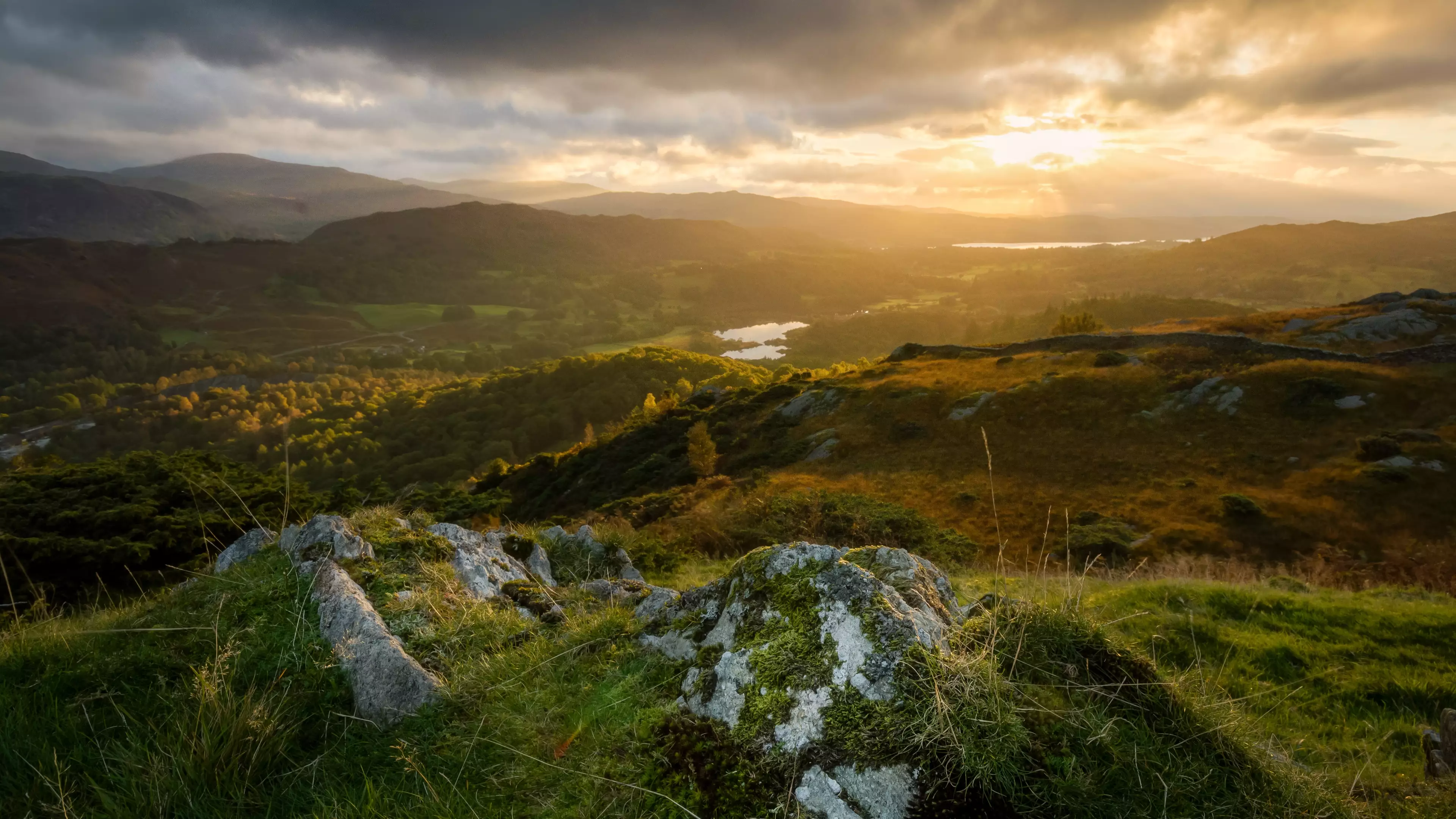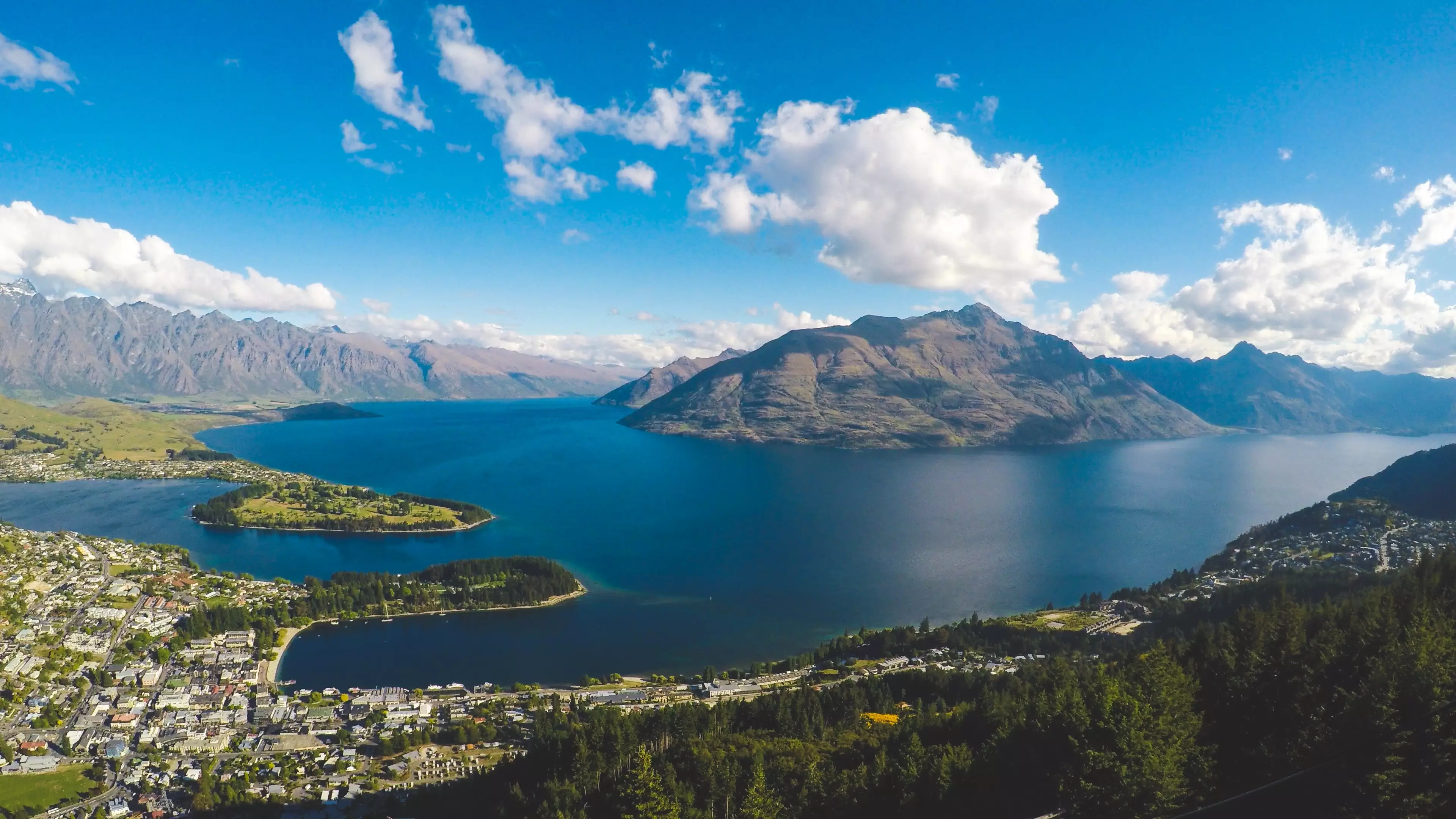
"Sure wouldn't it be a lovely little country if we could only roof it?" asked comedian Pat Shortt in his 19080s skit show D'Unbelievables. And now it seems, he actually may have been onto something as a new study has shown that Ireland has come out as one of the Top 5 places in the world to flee to in the event of an apocalypse.
The country best suited to surviving a global collapse of society was New Zealand, with Iceland, Tasmania and the UK rounding off the Top 5.
The study was completed by researchers at the Global Sustainability Institute, at Anglia Ruskin University, in the UK. The team of researchers ranked countries according to their ability to grow food for their population, protect their borders from unwanted mass migration, and maintain an electrical grid and some manufacturing ability.
For this reason, islands in temperate climates with low population densities such as Ireland and the UK faired particularly well.
"We weren't surprised New Zealand was on our list," says Prof Aled Jones, at the Global Sustainability Institute. It has been reported that billionaires have been purchasing land in New Zealand specifically to build bunkers for what some believe is an inevitable apocalypse.
"We chose that you had to be able to protect borders and places had to be temperate. So with hindsight it's quite obvious that large islands with complex societies on them already" make up the list.
The study also notes: "The globe-spanning, energy-intensive industrial civilisation that characterises the modern era represents an anomalous situation when it is considered against the majority of human history."
Jones and his team were inspired to conduct the study as they believe environmental destruction, limited resources and population growth mean civilisation "is in a perilous state, with large and growing risks developing in multiple spheres of the human endeavour".

Speaking to The Guardian on the topic of the major global food losses, financial crisis and pandemic that have all happened in recent years, Jones commented: "We've been lucky that things haven't all happened at the same time - there's no real reason why they can't all happen in the same year".
"As you start to see these events happening, I get more worried, but I also hope we can learn more quickly than we have in the past that resilience is important," he elaborated. "With everyone talking about 'building back better' from the pandemic, if we don't lose that momentum, I might be more optimistic than I have been in the past."
On the global response to COVID-19, Jones noted: "It's interesting how quickly we can close borders, and how quickly governments can make decisions to change things."
"This drive for just-in-time, ever-more-efficient economies isn't the thing you want to do for resilience. We need to build in some slack in the system, so that if there is a shock then you have the ability to respond because you've got spare capacity."
"We need to start thinking about resilience much more in global planning. But, obviously, the ideal thing is that a quick collapse doesn't happen."
Featured Image Credit: UnsplashTopics: Ireland